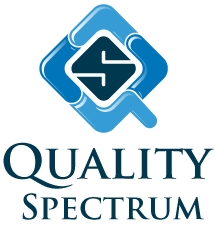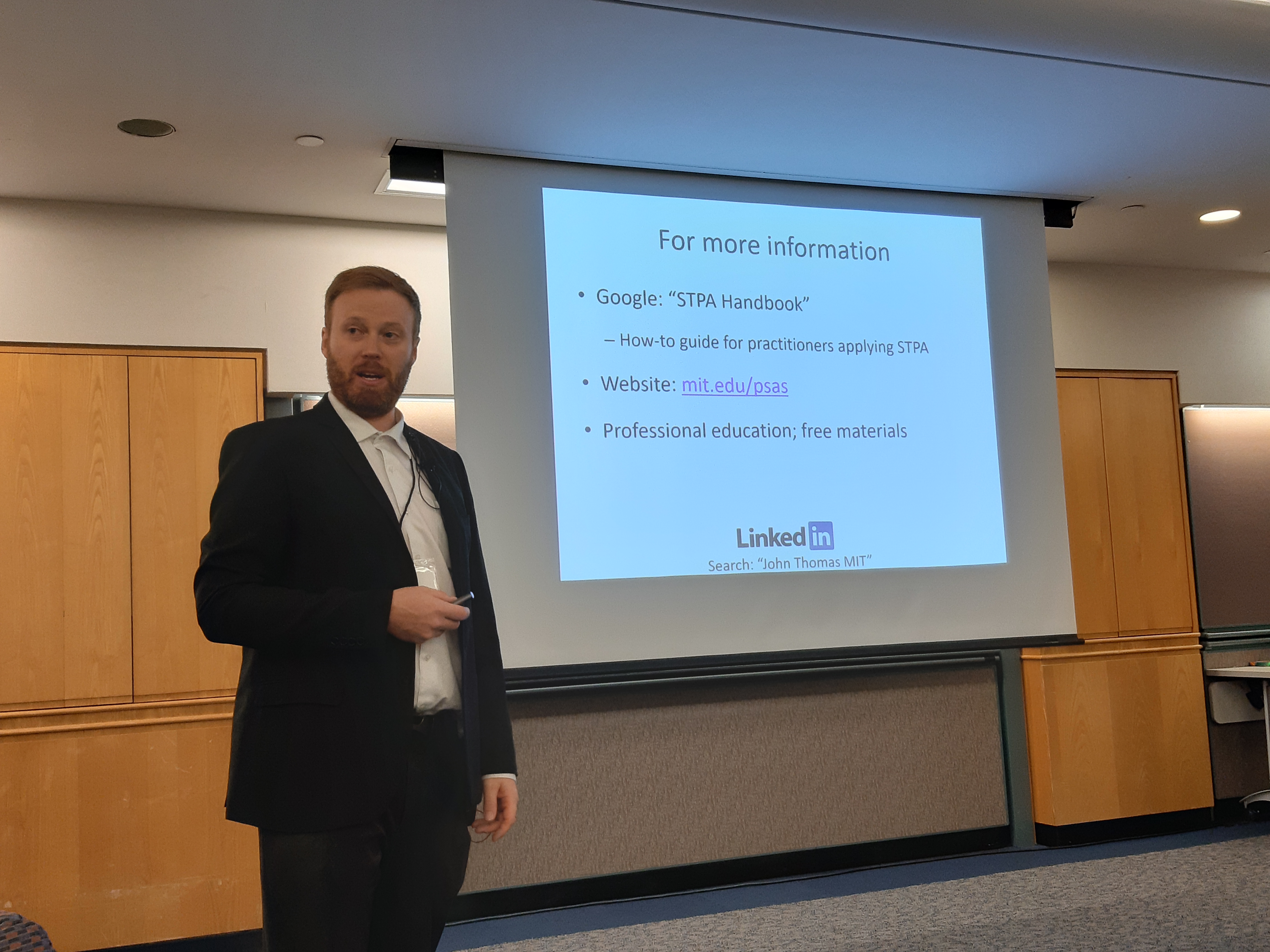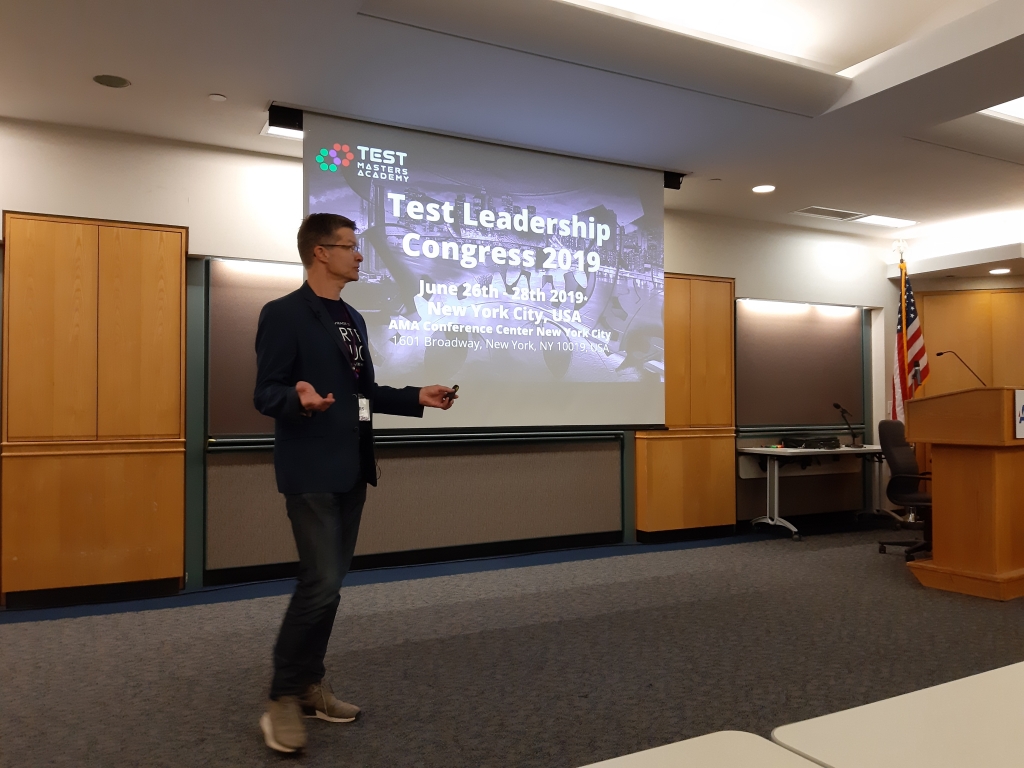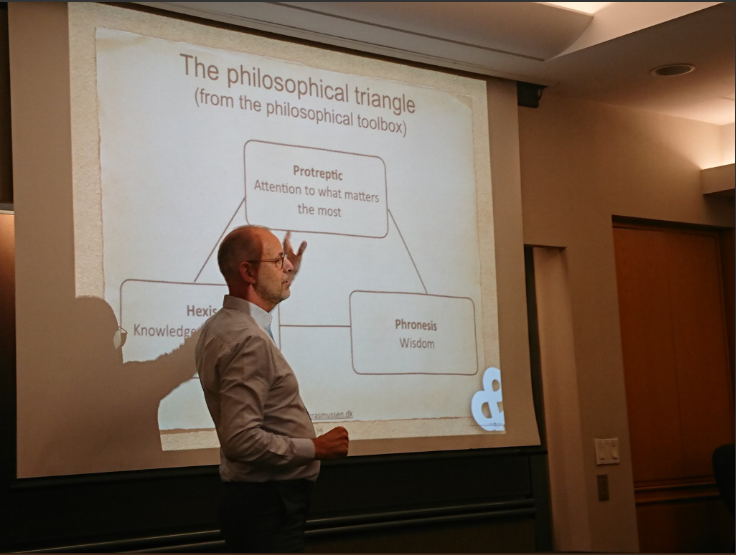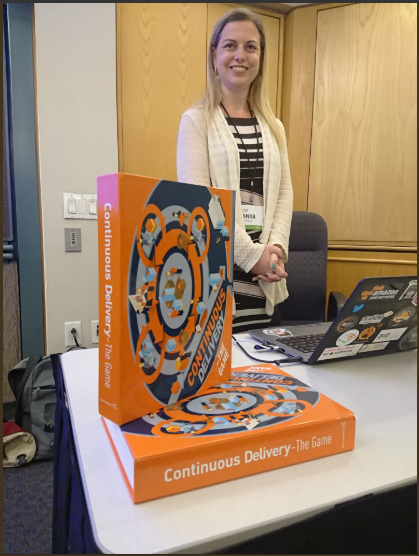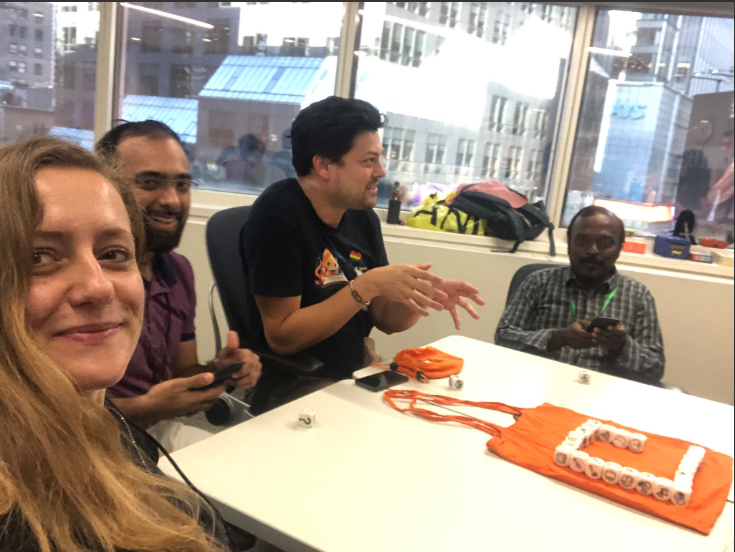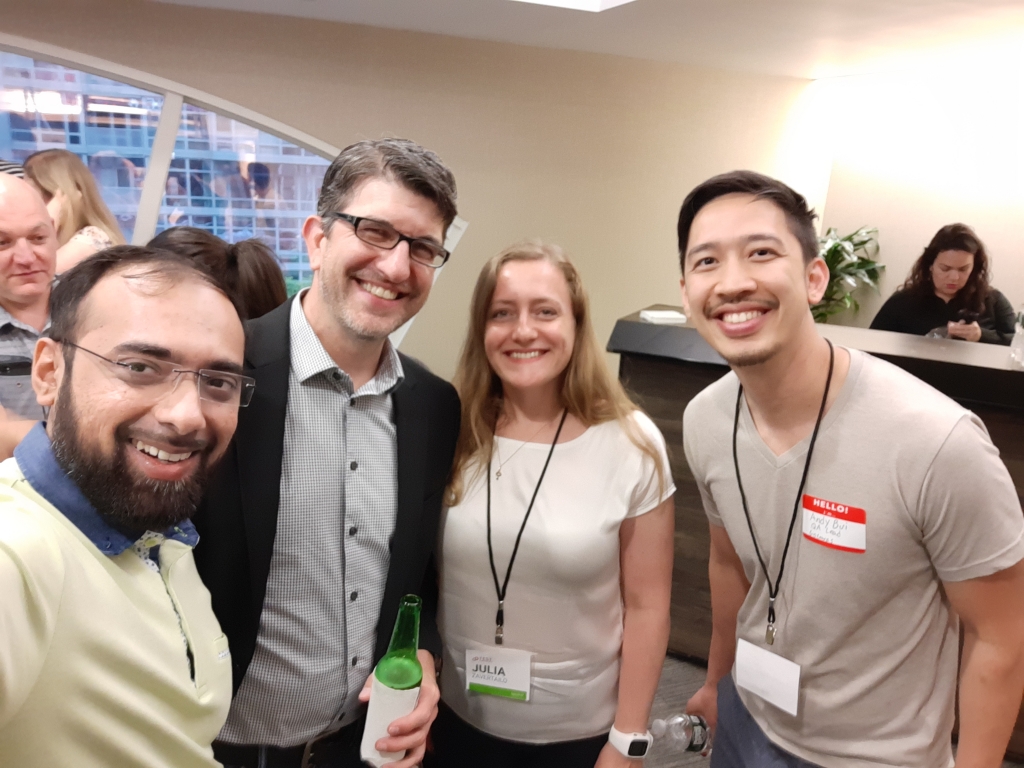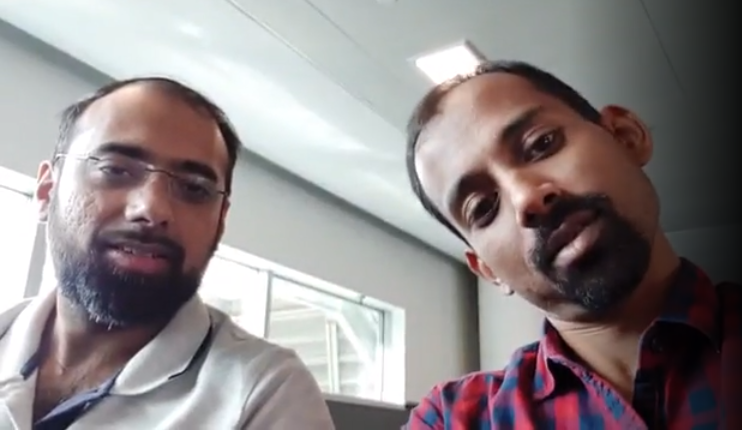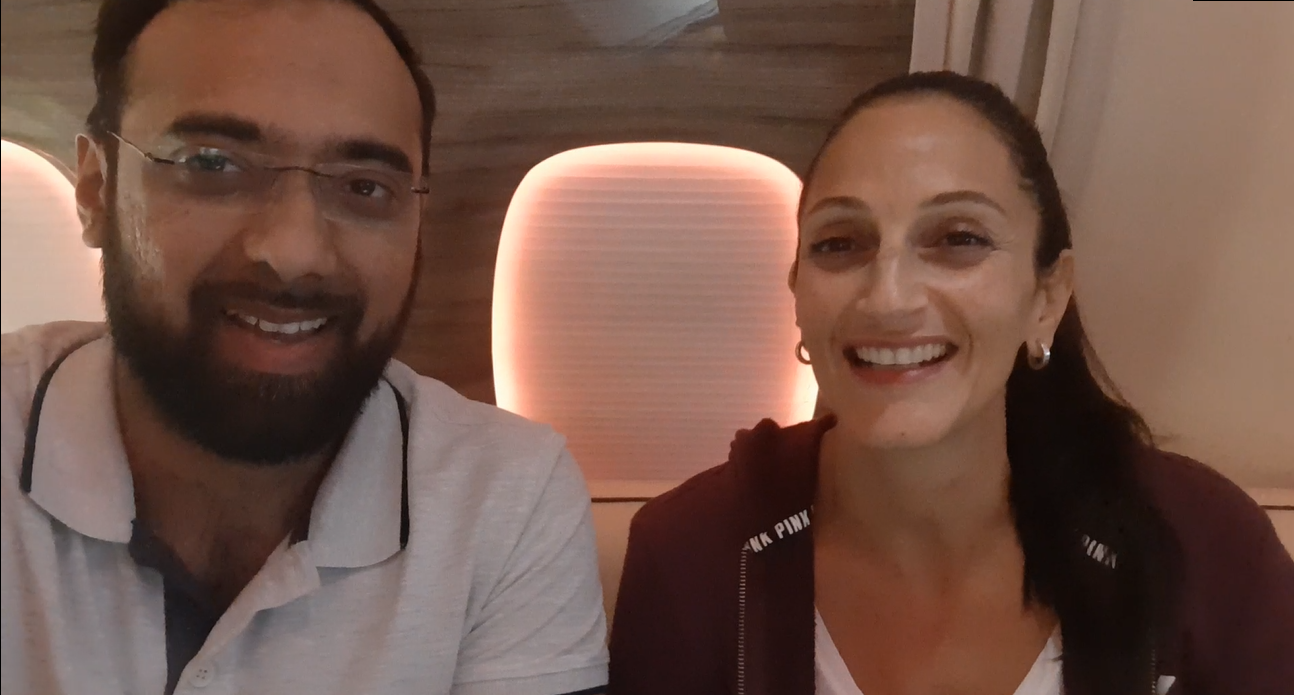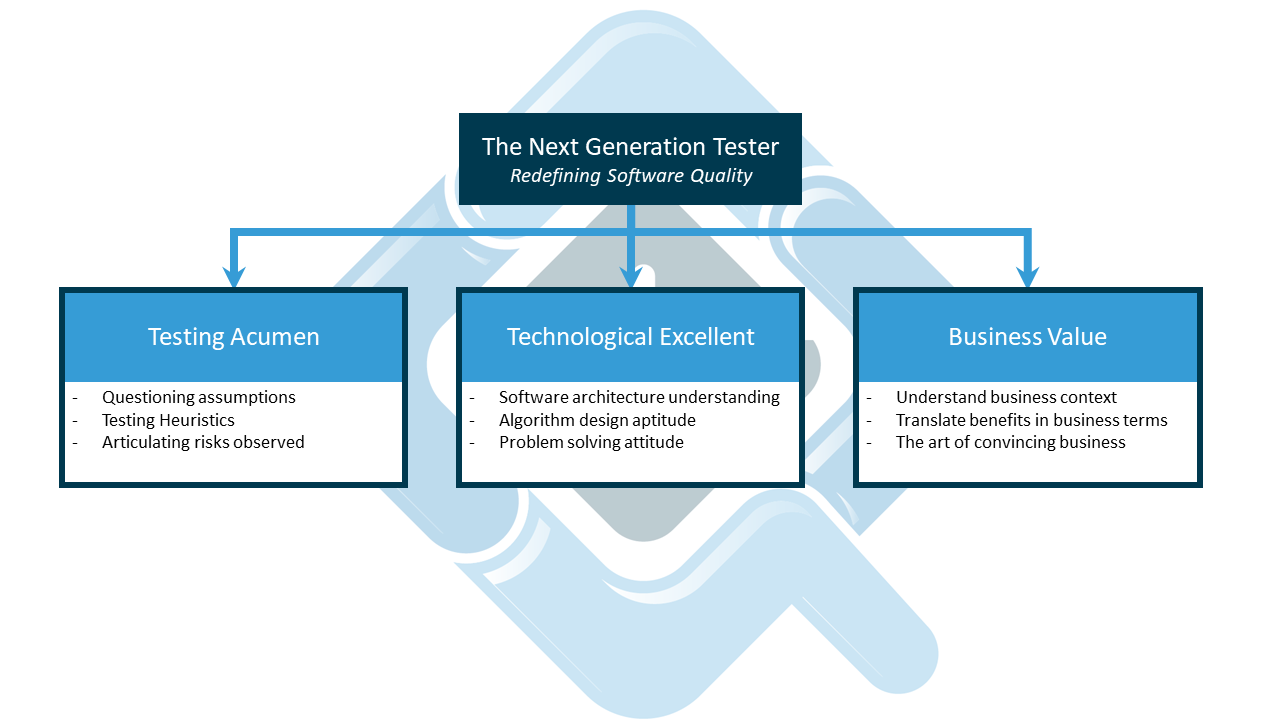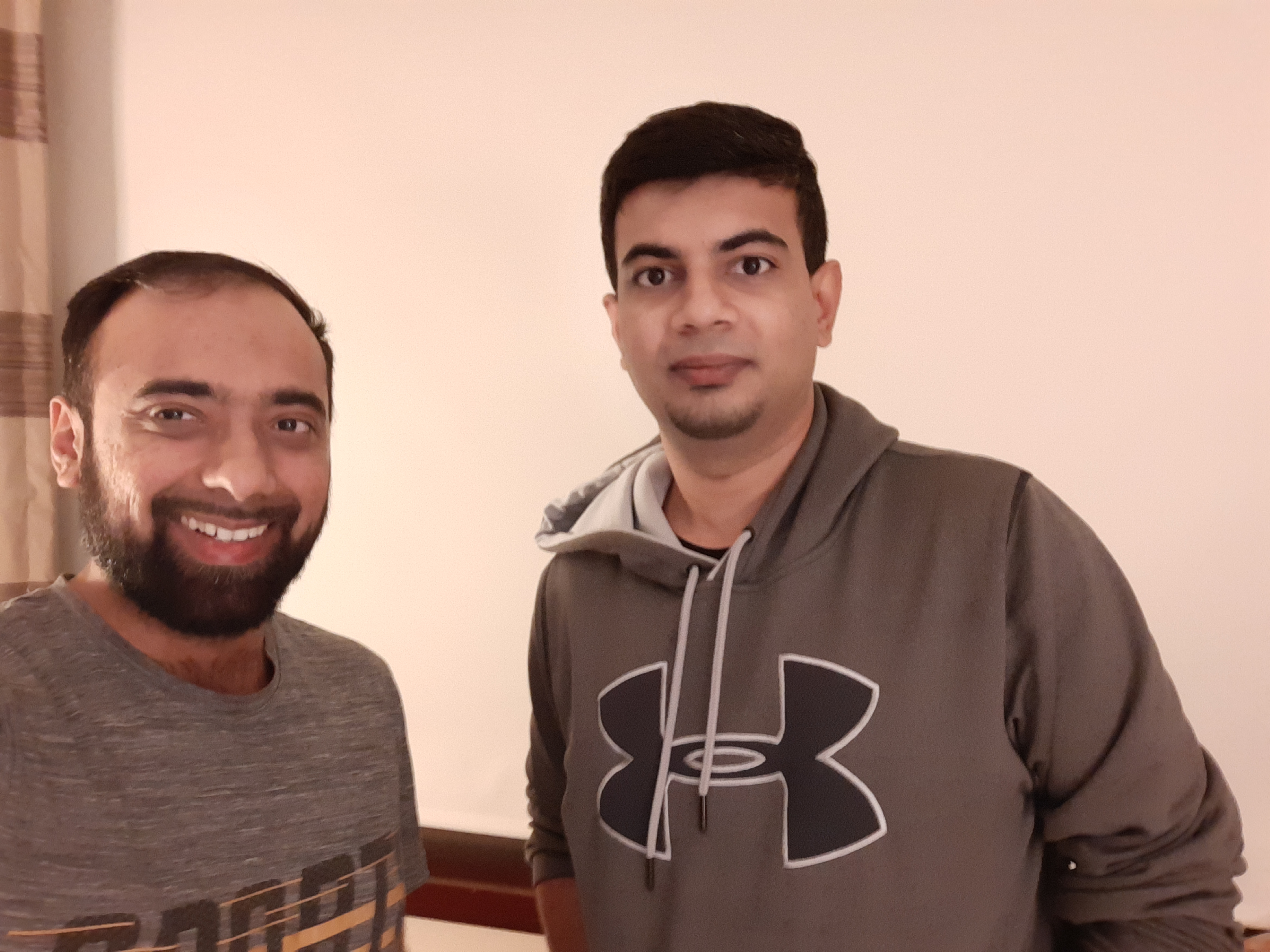Most Important KPI for Software Quality
I figured it out.. the first and most important KPI for software quality..
Can you guess?.
.
Time from ‘prioritizing a feature’ to the time it is ‘ready for deployment’ in production.
Now some might say testers don’t have control over the whole process, that is true but we should be working to develop that maturity
Or we might say time to market is not as important as quality of the product,
My answer would be – Quality is subjective, best to get feedback from people spending money determine quality
That does not mean we ship crappy stuff, some things are no brainier, seeing exceptions, basic functionality not working are obvious
The part which is subjective is, certain features we might feel are very helpful, or as the user expected and therefore give the product a higher quality,
In the end customer’s experience, they might see that as a hindrance in using the product and would have a different perspective of the level of quality here
So, anyone working towards developing software (including testers), the foremost measure should be: How quickly we can go from ideation to deployment.
Thoughts?
#QsDaily #testingmetrics #transformation
